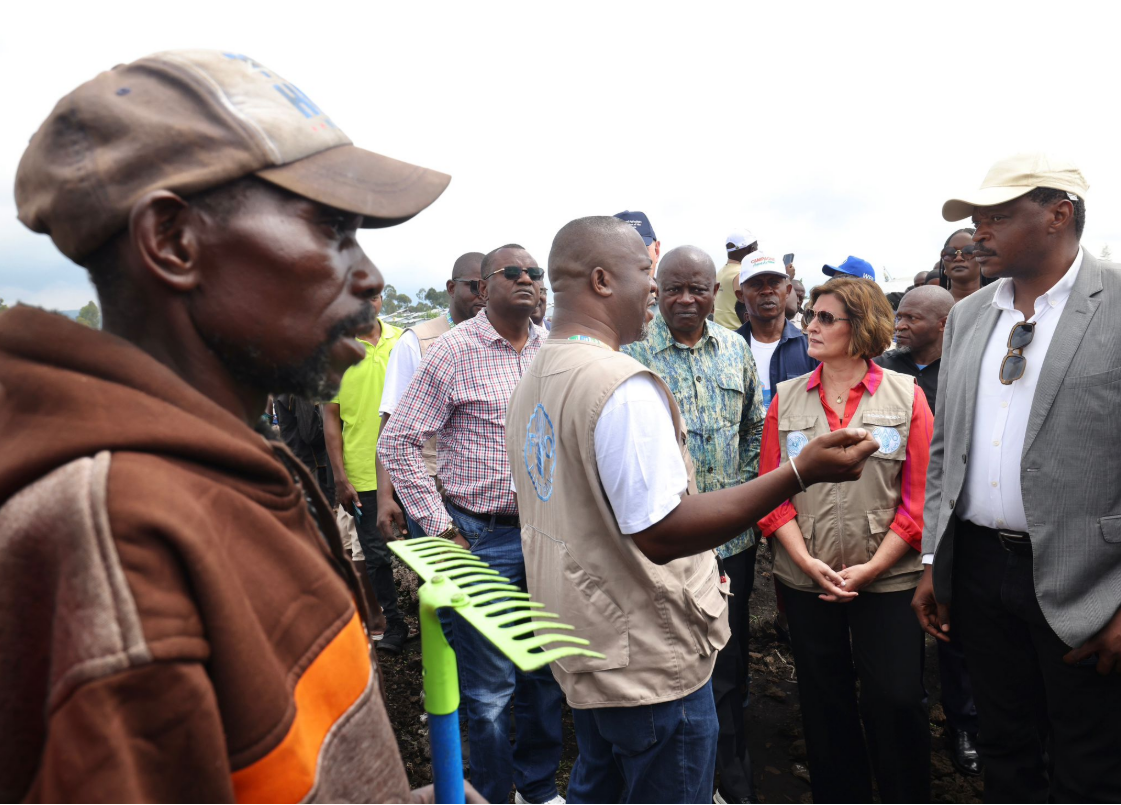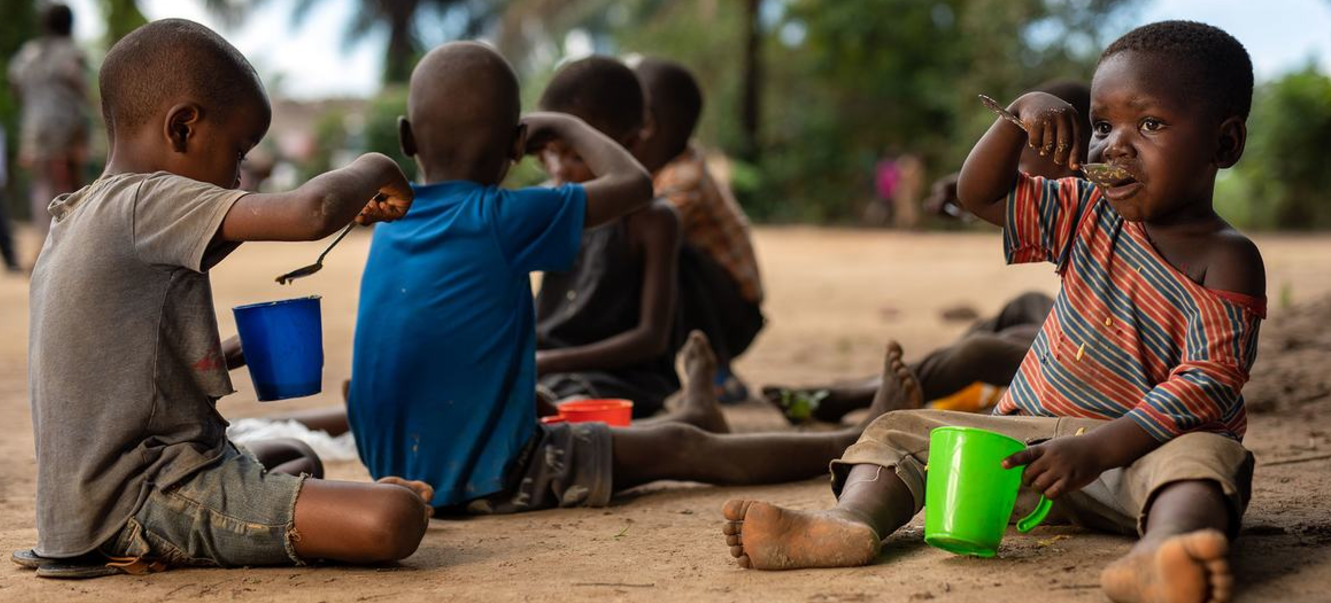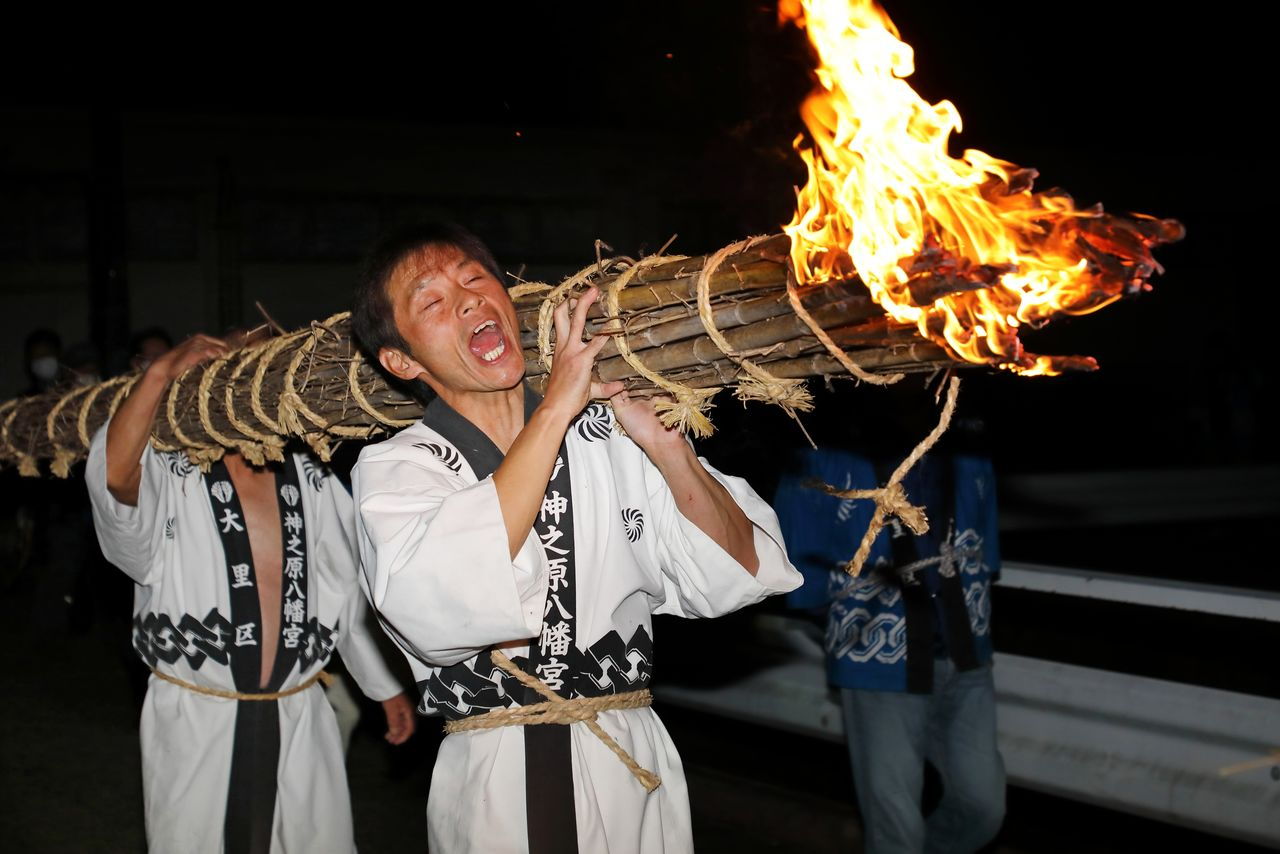
According to a report by CCTV News on November 26, Beth Bechdol, Deputy Director-General of the Food and Agriculture Organization of the United Nations, said in Goma, the capital of North Kivu Province in the Democratic Republic of the Congo, that the Democratic Republic of the Congo is facing a serious food shortage. Currently, about 25.6 million people in the country (accounting for 22% of the country’s total population) are in a state of severe food shortage, and the situation in the war-torn provinces in the east is even more serious. The following is a detailed introduction to the extreme food shortage problem faced by the Democratic Republic of the Congo:
Food shortage status
A large number of people are in a state of severe hunger: In October 2024, data released by the Food and Agriculture Organization of the United Nations and the World Food Program showed that about 25.6 million people in the Democratic Republic of the Congo were facing a state of severe food shortage, accounting for 22% of the country’s total population. Almost all regions are affected by “crisis” hunger levels, with five regions at the highest risk level. About 3.1 million displaced persons and returnees in the northeast are in a more severe “emergency” level of sudden food insecurity, and the risk of hunger-related deaths has increased dramatically.
Children are seriously affected: The UN Secretary-General’s report on children and armed conflict in the Democratic Republic of the Congo pointed out that children in the Democratic Republic of the Congo are affected by the conflict and face a variety of serious rights violations, such as recruiting and using children, killing and maiming children, sexual violence, attacks on schools and hospitals, kidnapping children, and denial of humanitarian access, which have exacerbated the food crisis and malnutrition of children.
Causes of food shortage
Armed conflicts continue: There are about 100 armed groups in the eastern part of the country, including the “March 23” armed group. They compete for rich natural resources, resulting in threats to regional security. A large number of villagers have left their homes and cannot carry out normal agricultural production, resulting in a significant drop in food production. For example, in some areas of North Kivu Province, food insecurity is particularly serious due to attacks by armed groups such as the “Allied Democratic Army”.
Economic recession impact: The economic recession has reduced the government and people’s investment in agricultural production, and the construction of agricultural infrastructure has lagged behind, which cannot effectively resist natural disasters and pests and diseases, affecting the output and quality of food, and further worsening the food security situation.
The impact of the COVID-19 pandemic: The socio-economic impact of the COVID-19 pandemic, such as the blockade measures to prevent and control the epidemic, has prevented farmers from working in the fields on time, limiting agricultural production activities, and also blocking the transportation and sales channels of agricultural products, resulting in insufficient food supply.
Frequent natural disasters: Tanganyika Province and other areas suffered severe floods, which caused great damage to local agricultural production, resulting in a reduction in food production and aggravating food insecurity.
United Nations assistance and measures
Provide food aid: The World Food Programme helped 1.95 million people in October 2024 and plans to raise US$350 million in the next six months to continue to provide food and nutrition assistance to the most vulnerable groups.
Carry out relief projects: The Food and Agriculture Organization of the United Nations needs 2.339 million in 2024. The United Nations Food and Agriculture Organization (FAO) has invested US$1 billion in relief projects in the Democratic Republic of the Congo, which has helped 3 million people. The goal is to help more families in the country obtain farming tools and seeds, provide high-quality livestock, support food processing and storage, and help small farmers prevent and control animal and plant diseases.
Establish agricultural demonstration parks: The Food and Agriculture Organization of the United Nations has established agricultural demonstration parks in many places in the Democratic Republic of the Congo to train planting and breeding technicians for the country and improve local agricultural production technology and food production.
Provide employment opportunities: Provide employment opportunities for vulnerable groups in the Democratic Republic of the Congo to help them increase their income and improve their living conditions, thereby alleviating the impact of the food crisis on them.





